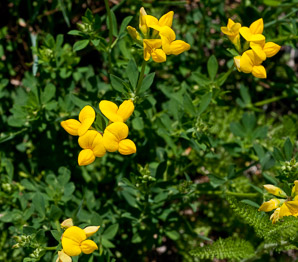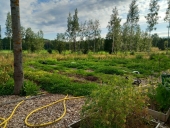
 4
4





 5
5




Hans Albert Quistorff, LMT projects on permies Hans Massage Qberry Farm magnet therapy gmail hquistorff
 1
1












Invasive plants are Earth's way of insisting we notice her medicines. Stephen Herrod Buhner
Everyone learns what works by learning what doesn't work. Stephen Herrod Buhner




 1
1




 1
1












Phil Stevens wrote:Lotus might be a good choice if your summers aren't dry. It's a perennial legume but without the deep rooting habit of alfalfa.







 1
1




Hans Albert Quistorff, LMT projects on permies Hans Massage Qberry Farm magnet therapy gmail hquistorff











 1
1





 1
1




 2
2





|
Evacuate the building! Here, take this tiny ad with you:
Learn Permaculture through a little hard work
https://wheaton-labs.com/bootcamp
|


